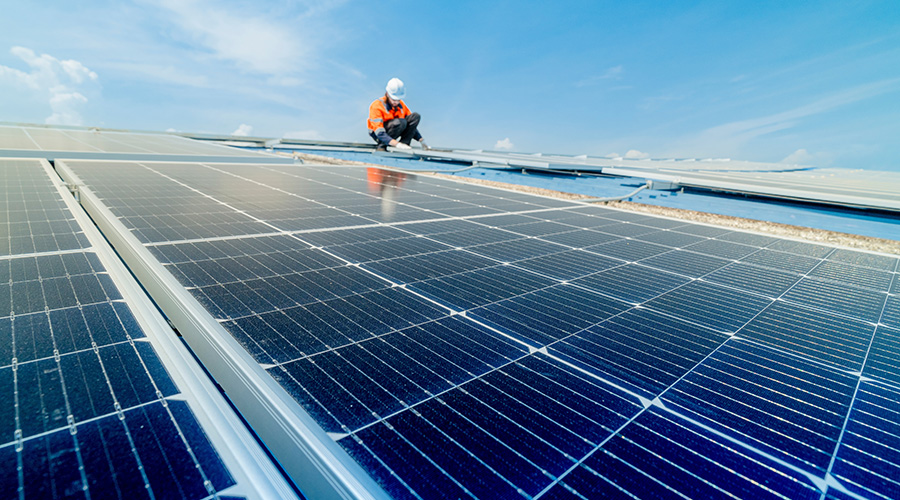Why Water Standards Are More Stringent
Water efficiency standards are continually becoming more and more stringent (ASHRAE 191p and LEEDv4 are great examples). The push is coming from all angles and the reasons are numerous. These tightening water standards are important to consider when pursuing water upgrade projects.
- Droughts, heat waves, and associated drops in existing levels of aquifers are putting more and more pressure on our existing water supply.
- Increase in population (especially in areas that are already experiencing "water stress") is occurring throughout the world.
- Increase in demand (as a result of population increase and as a result of more of the world's population rising to middle class levels where water use increases)
- According to the United Nations Environmental Program, buildings use approximately 20 percent of the Earth's available water. This is low-hanging fruit. Simply changing habits, fixtures, equipment and designs can immediately make a difference in lowering this percentage.
- As estimated by the U.S. Environmental Protection Agency, 8 percent of all energy use in the United States is related to pumping, treating and heating water. And this is too low in some areas of the nation. Indeed, many areas where people want to live no longer have readily available water sources and it must be pumped in from elsewhere.
- Increasing water supply is more expensive than saving it. Alternate water supply sources such as desalination, reclaimed water (purple piping), graywater systems, and rainwater collection are all more expensive than simply using less water.
While some may argue these new standards are taking water (and indirectly energy) conservation too far, the fact remains that water conservation is becoming more and more critical in this nation. It not only makes sense environmentally, but also financially. It feels good when being green can actually save money as well as the planet.
— Troy Aichele
|













